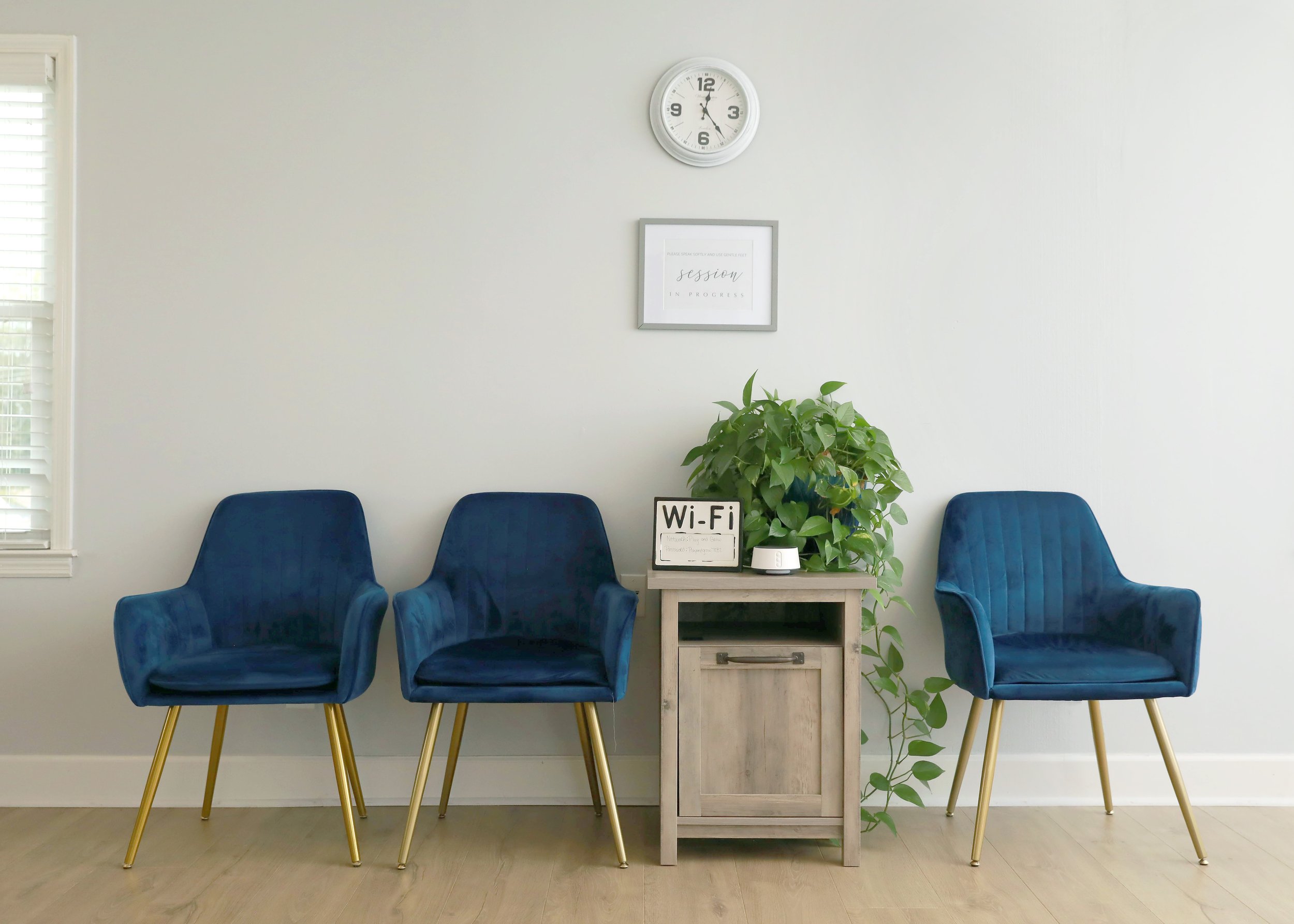Adolescent Therapy
At Play & Grow Counseling, your teenager will work individually with their therapist to figure out a plan that would help create their own space of healing, change, and growth
Let’s face it!
Being a teenager is hard!
Adolescents are struggling to form their own identity, fit in socially, gain independence, and manage academic pressure. They experience physical changes, increased academic demands, social pressure, and more freedom – which means more choices. While some teens manage these changes and choices well, others struggle. As a parent, it’s hard to know if intense emotions, anger, withdrawal, or rebellious behavior are normal development or a sign that something is wrong. You might notice the ways you communicated and set limits with your child aren’t working now that he or she is older. As a result, there might be more arguments or tension at home.
Your teen and therapist will work together to identify the areas that they hope to improve. With the goals identified, your therapist will engage your teen in a variety of therapeutic techniques that will challenge and help them on their way to growth.
How does it work?
Expressive Arts Therapy
Many teenagers aren’t necessarily excited about the idea of going to therapy. We get it—it’s uncomfortable talking to a stranger or to admit that something is wrong. To help bridge this discomfort and to create a space for healing, we often use a technique called expressive arts therapy. Expressive arts use things that are interesting to your teenager, such as visual art, music, movement, sand tray, games, and even video games.
What are sessions like?
Sessions don’t always have to look like traditional talk therapy, but instead through a modality that feels comfortable. The use of expressive arts can augment the benefits of talk therapy by allowing people to use the strategies that work best for them. For some people, talking about their experiences may be their preferred form of self-exploration. Other people, however, may benefit more from activities such as drawing a picture or writing in a journal.
What will my teen get out of it?
Gain skills to help your teen cope with life's challenges
Identify motivators to continue growth
Learn to express thoughts and emotions
Recognize personal strengths to enhance self-esteem.
Overall, the therapist's job is not to judge you or tell you what to do. Their job is to support you and help to renew a sense of hope and optimism
How do I know if counseling will work for my family?
Booking a free meet and greet is a great way to answer this. During these 30-minutes, you’ll have the opportunity to meet your potential therapist, see the office space, share some of your concerns, and see what might be helpful moving forward.


